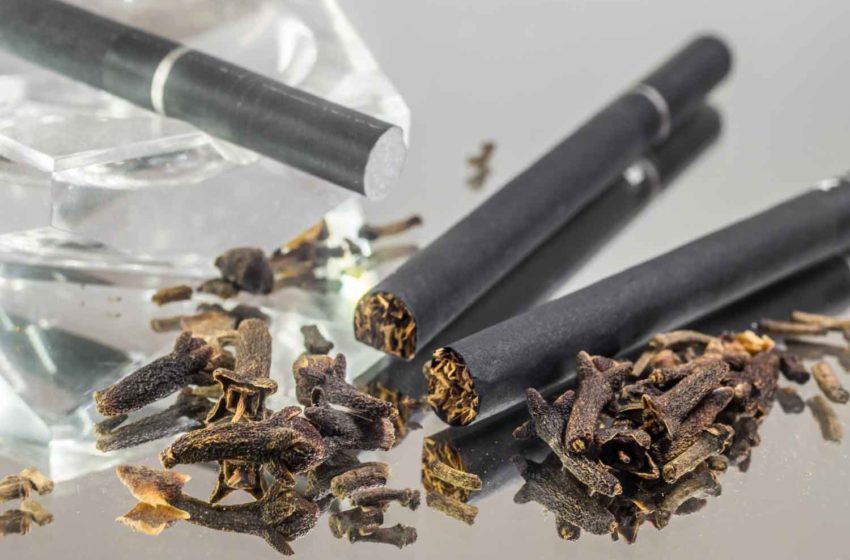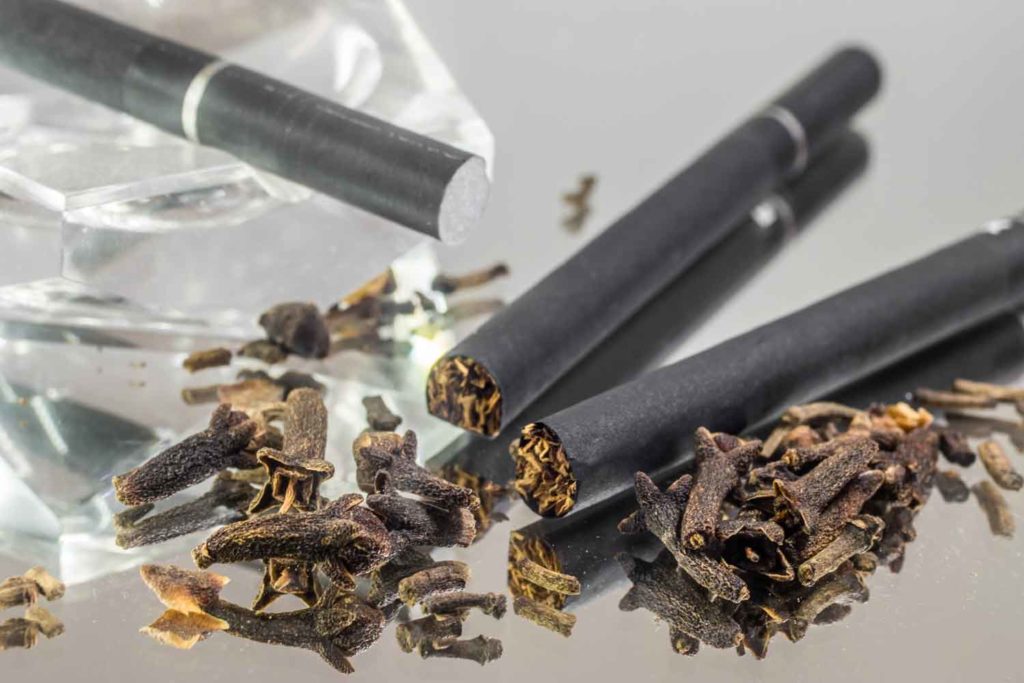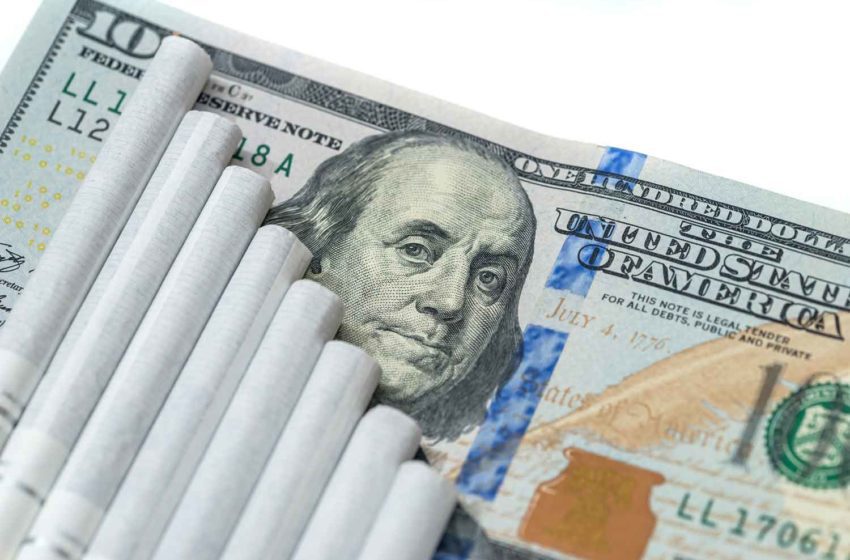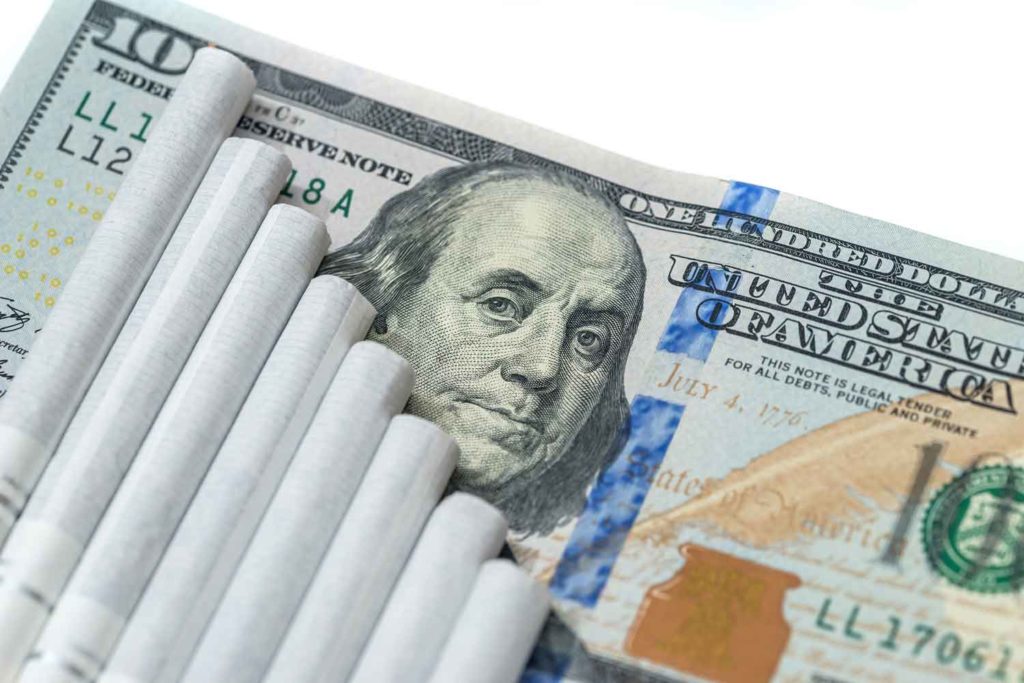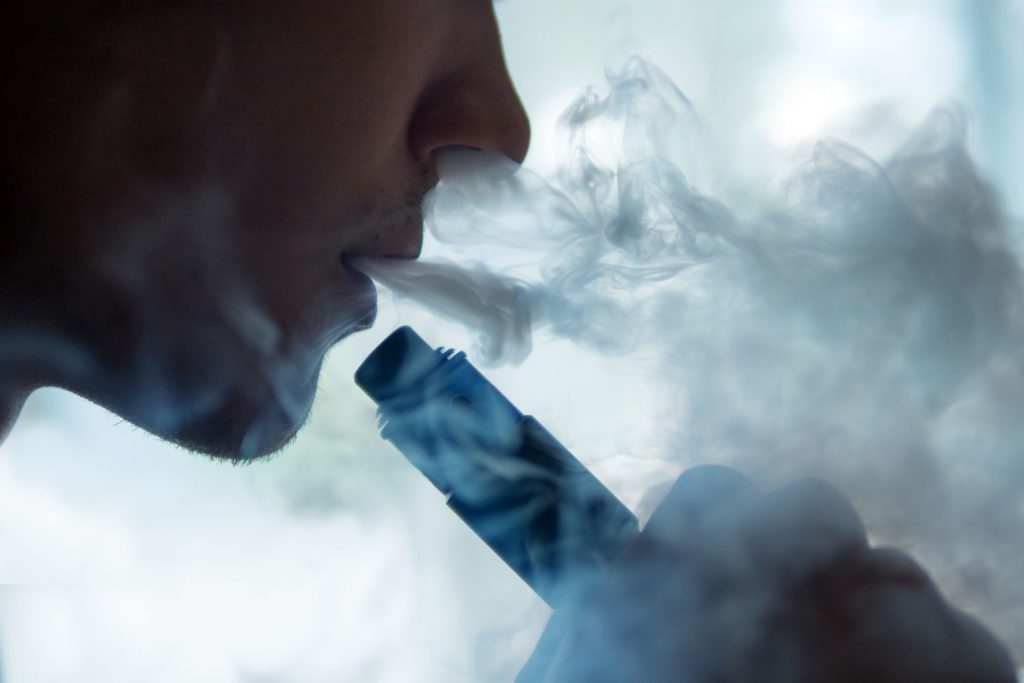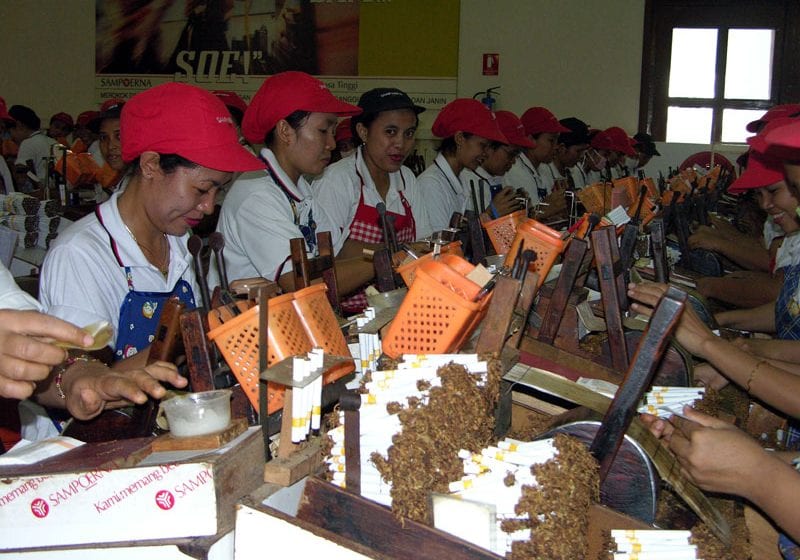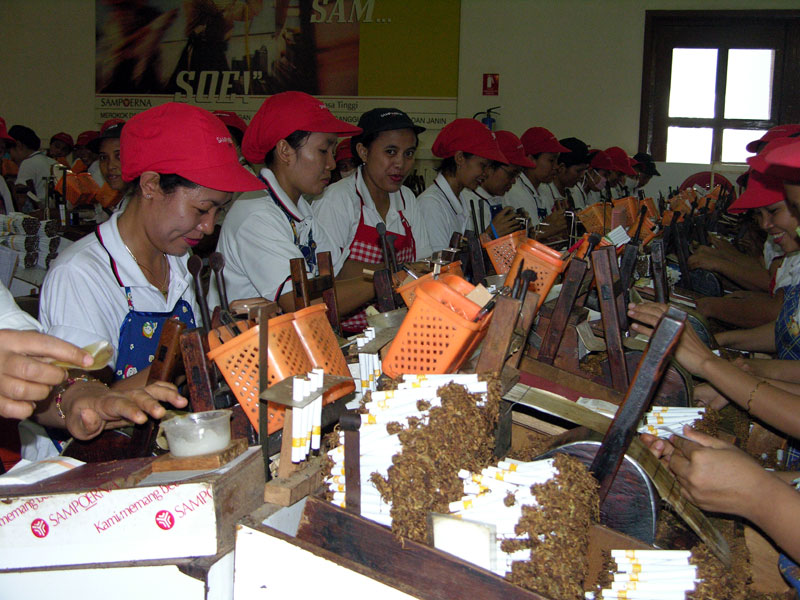
David Jones, a former Welsh secretary and Brexit minister, has urged Britain to use its Brexit freedoms to tout the health benefits of e-cigarettes during the next summit on tobacco organized by the World Health Organization, reports The Express.
The parties to the WHO Framework Convention on Tobacco Control are set to meet virtually in November to discuss tobacco control policies.
Delegates will debate the success and failure of recent and ongoing tobacco control initiatives. They will discuss how best the world can be convinced to give up traditional cigarettes, and they will debate matters such as law enforcement’s involvement in the illicit tobacco trade.
Both the WHO and the EU have taken a dim view of e-cigarettes, pushing for ever-tighter restrictions. The WHO has claimed on its website that there is growing evidence of risk from e-cigarettes.
Britain has taken a pragmatic approach to the category, allowing vapor products to remain on the market within a comparatively light regulatory framework.
“Unlike previous COPs [Conference of the Parties], the U.K. does not have to join the EU’s position,” said Jones. “We are not bound by Brussels; we are independent and free to back the science, back Public Health England and back our own health experts over the WHO.
“We must not fall into bad habits and simply join the EU position because it would be the easy thing to do. Brexit meant control over our own policies. This is our chance to show the electorate what that means in reality. We must use our freedom to save lives.”
There are concerns, however, that the WHO will not recognize the U.K. as an independent voice at its summit. Instead, it may defer to the EU as the voice for the European region.


